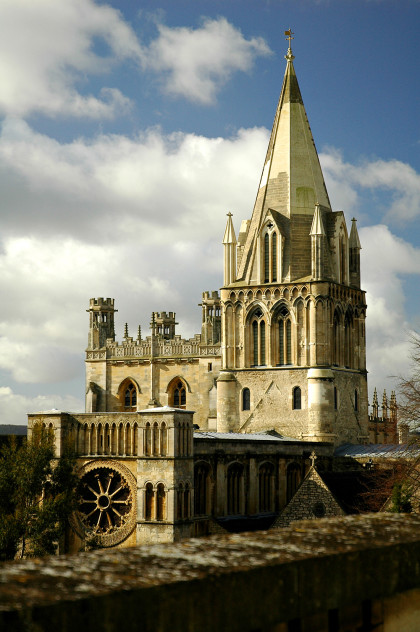The Marks of a Christian Scholar: A Vocational Description (Part Four)[1] Mark Eckel, ThM PhD, Professor of Leadership, Education & Discipleship Capital Seminary & Graduate School, Washington, D.C. By what means will I be evaluated? What will someone identify to show that I am a Christian scholar-teacher-discipler?[2] How will I know if my professorial life conforms to a standard? Assessment questions haunted me during my PhD research. Validation is imperative in any scientific pursuit. But how could I … [Read more...] about Evaluating Christian professors
Christian professor
Being a Christian at a Christian University
Below is the first of a periodic offering of posts by Kate Peterson (pseudonym), an assistant professor in the humanities at a Christian institution of higher education. A special thank-you to Kate for expressing her desire to share with us some of her story, thereby providing a lens for some of the challenges faced by and insights which can be uniquely offered by scholars in the context of a Christian institution of higher education. As an alumnus of two Christian institutions, a student currently enrolled at another, … [Read more...] about Being a Christian at a Christian University
How Open Should You Be About Your Faith…at a Christian College?
For the most part, the Emerging Scholars Network serves students and faculty at secular universities, and the majority of our posts and articles are written for that audience. When we've touched on the subject of "being open about your faith," it's generally dealt with the idea of evangelism —such as Rick Mattson on witness in the academy or myself on "thresholds of evangelism" —or with the ability to speak and work as an explicitly Christian scholar on the secular campus. A few weeks ago, we published a talk by … [Read more...] about How Open Should You Be About Your Faith…at a Christian College?
Steve Simmons: Students Are a Lot Like People
Steve Robert Simmons is Morse-Alumni Distinguished Professor Emeritus at the University of Minnesota. He served for 32 years in the Department of Agronomy and Plant Genetics where he taught and conducted research on topics ranging from plant physiology to agroecology. He continues to serve as a mentor for graduate students and pre-tenured faculty through the university's Center for Teaching and Learning Services. In his retirement, Steve is writing creative nonfiction and is working on a book of personal essays. He and … [Read more...] about Steve Simmons: Students Are a Lot Like People
How Academics See Evangelicals: A Tentative Reading List
Last week, I asked for recommendations for resources on how academics view evangelical Christians. Thank you for all of your great suggestions! In addition to the comments on the blog, I received several more suggestions by email, as well as a generous offer: T. M. Luhrmann, whose book When God Talks Back inspired by post and research project, contacted me and offered to send me a review copy of her copy. I'll be writing at least one post about the book later this year, most likely in June. Image credit: Wikipedia … [Read more...] about How Academics See Evangelicals: A Tentative Reading List


